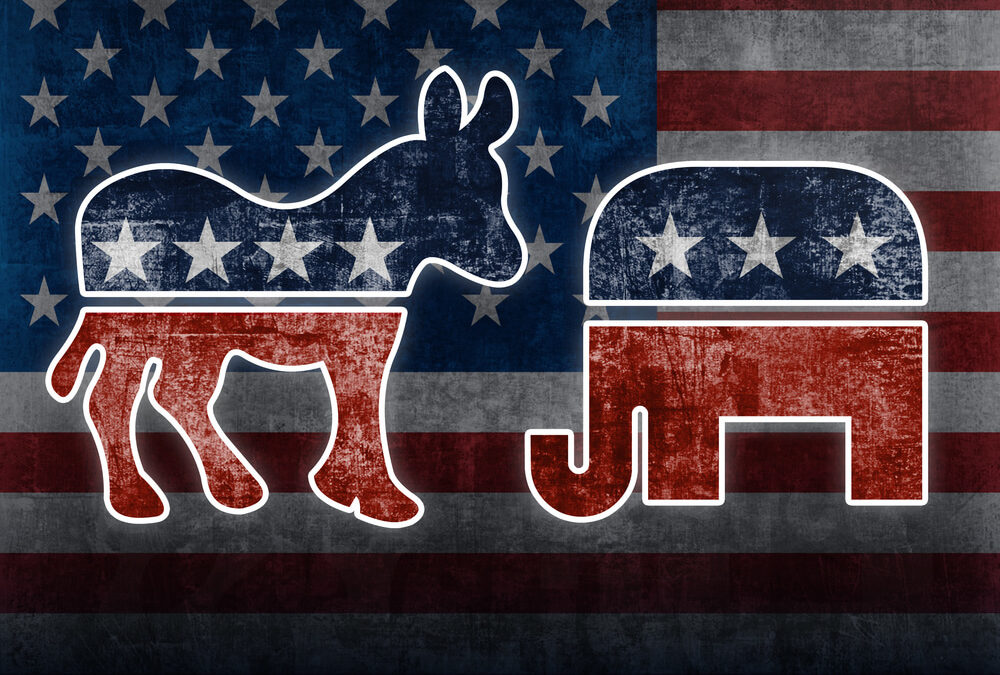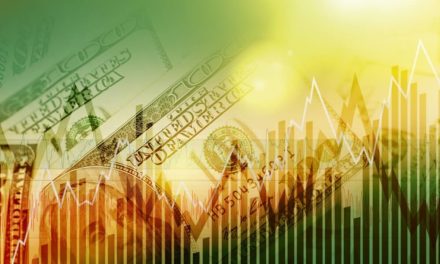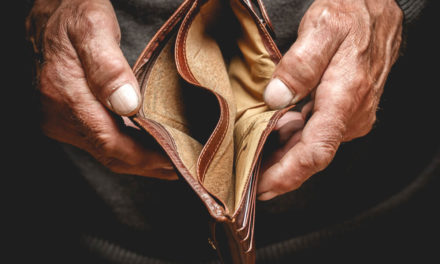Youghal was expecting a high temperature today of 69 degrees. Here in Paris, hardly more than an hour away, courtesy of Air France, the city is sweltering in a freakish heat wave.
Temperatures are in the 90s, which is particularly unbearable in a city where few houses have air-conditioning. And the open-air sidewalk cafes, even with their awnings stretched out to the streets, are ovens.
We’ve come to attend a special dinner in Versailles tonight. We’ll give you the low-down on Monday, if we survive.
More Inflation
In the meantime, we’ve been pulling on threads for the last two weeks. Today, we try to knit them together.
First, we observed that “stimulus,” no matter what they call it, is really just a form of inflation. Whether the feds run deficits, push rates down, offer tax cuts or buy bonds — the idea is always the same … to put more money in play.
And as a preamble, note that the feds can’t really “add” to the money supply at all. They have no real money. All they can do is dilute the existing stock of money with counterfeit money, thereby reducing the real value of each unit. That is the meaning of “inflation.”
When the president says the Federal Reserve should cut rates, for example, he is just calling for more inflation. Without it, he believes, bad things will happen.
And he’s not alone. As Milton Friedman observed four decades ago, “We’re all Keynesians now.” He meant that almost all economists agreed that they could fiddle with interest rates to provide a little — but not too much — inflation. The outcome, they all believed, would be better than “laissez faire.”
Vladimir Putin is on board, too. Today’s Financial Times quotes him as saying that the idea of open markets and open societies is “obsolete.”
Republicans, Democrats, socialists, conservatives, communists, Bolsheviks and Trotskyites — now, everyone seems to believe it … and they’re even ready to rig the most important price in capitalism — the price of capital itself — to prove it.
This, of course, puts us in a very small minority. We’re not Keynesians. As far as we know, no one has ever come up with a better explanation for how the money world works than the “laissez faire” or classical economists of the 18th and 19th centuries — Smith, Ferguson, Cobden, Turgot, Bastiat et al.
Nor can we figure out how allowing someone to debase your money is likely to result in a satisfactory conclusion. And we’re still waiting for someone to show us the economy that has been helped by central planning, trade restrictions or price meddling by economists. It doesn’t exist.
Bluff Paid Off
John Maynard Keynes famously stole a march on Putin, writing The End of Laissez-Faire in 1926. It was clear then that he understood no more about markets or economies than today’s Fed chair, Jerome Powell.
But it’s amazing how dumb you can be when you’re paid to be dumb. For all of them, the lure of being a big shot … able not only to observe, but to command … overcame whatever good sense they may have started with.
And the bluff paid off. Powell is the main man at the Fed. And two of his predecessors, interest rate-riggers Alan Greenspan and Ben Bernanke, got their pictures on the cover of major magazines … credited with having saved civilization itself.
But, the only drug these quacks have to offer is … you guessed it … inflation. And that is all they need to be able to make a giant mess of things.
Market Shills
Second, we realized that inflation — whether in the financial economy or the Main Street economy — has more or less the same effect. It makes a helluva goulash out of the crucial price signals.
Then, nobody knows anything. They get confused. They make mistakes. Prices rise, but GDP falls. People have more money, but they get poorer.
This process is undeniable in consumer price inflation. Just look at those in Venezuela. They have all the “stimulus” you could possibly want … so much that it gives them the shakes.
Less obvious is what happens when asset prices are inflated. The Fed lowers rates. More money flows into asset prices (inflation). People think their stocks are worth more. But they are probably less valuable, because the cheap, short-term money causes companies to make cheap, short-term moves … like buying their own stock to drive up the share price.
Meanwhile, they neglect the kind of long-term, difficult, risky investments that are necessary for growth and prosperity. That’s why real capital investment has been flat for the last two decades … even while stock prices doubled and near-zero rates made (fake) capital abundant and cheap.
In effect, the asset markets have been “turned” … From loyal, honest helpmates for investors, businesses and consumers, they have become shills for the manipulators in Washington and Wall Street. Like a faithless friend, they tell us what we want to hear, but not the truth.
Third, once inflation gets going — whether asset prices or consumer prices — the authorities have only two choices: Inflate or Die.
Pull a Volcker
Paul Volcker took the honorable road. He pushed inflation into the ditch, restored honest price information and outfitted the car for a long drive to prosperity.
But you can’t “pull a Volcker” today. We’ve already passed the point of no return — politically and financially. America’s insiders, elite, movers-and-shakers, and Deep-Staters have made about $30 trillion from unearned stock market gains. That ill-gotten wealth will disappear if the feds stop inflating.
And as we showed Friday, the value of all the publicly traded companies in America is about $30 trillion. But they owe $15 trillion, thanks largely to the $15 trillion they spent buying their own overpriced shares.
And now, a 50% drop in the stock market would make the whole kit and caboodle insolvent.
Both political parties favor more inflation. Without it, they think we are doomed. They’re right. And they’ll inflate.
And then, we will be even more doomed.
Regards,
Bill




